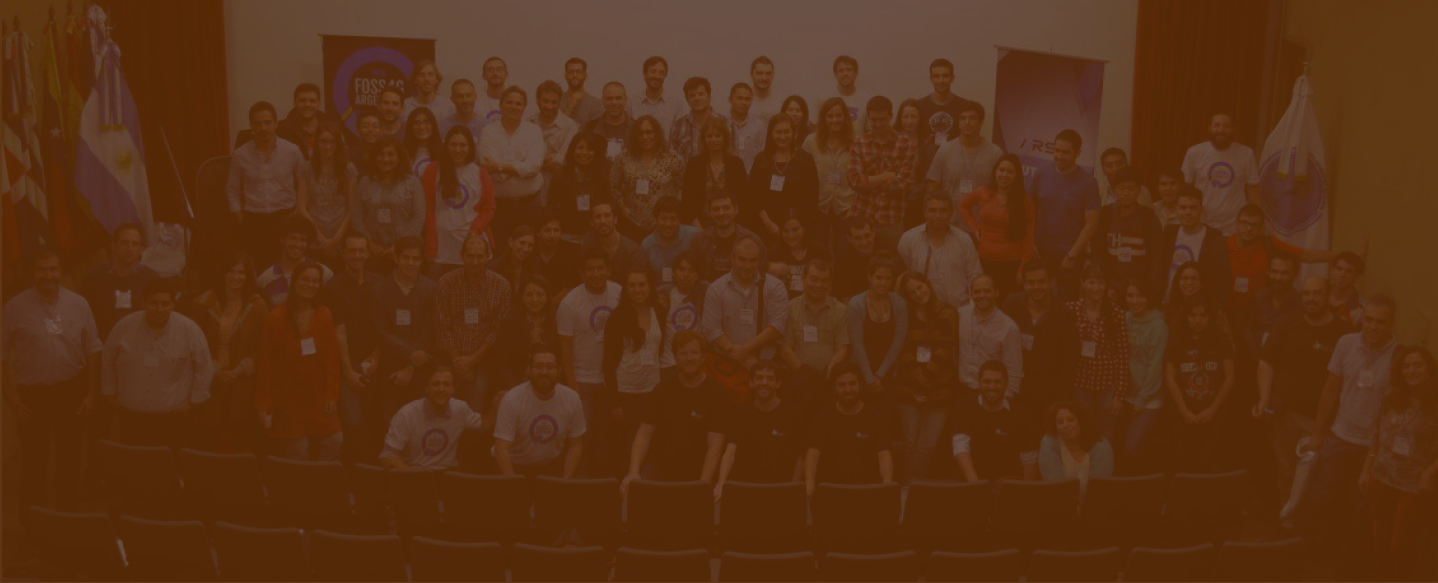Giuseppe Baiamonte
Giuseppe Baiamonte has a background in ecology and is an experienced environmental and GIS specialist.
He is passionate about maps, open data and Python.
Since 2019 he has been GIS a consultant at the International Fund for Agricultural Development (IFAD).
Sessions
For international development agencies, timely and accurate geospatial data is an essential tool for evidence-based decision-making. Yet gathering, analyzing, and presenting geospatial data is a complex and time-consuming activity that requires a specialized skill-set.
This presentation shares the experience of an Innovation Challenge project implemented at the International Fund for Agricultural Development (IFAD) - a specialized UN agency and financial institution. The main goal was to minimize the time and knowledge required to gather and process a vast array of relevant geospatial layers, providing a standardized approach applicable to every country of operation in IFAD’s activities. This objective was achieved via the implementation of automation procedures using open source tools, which resulted in a reduction of the required processing time by a factor of 40 (from 2 weeks to 2 hours).
GeoScan is based entirely on an open-source technological stack and uses the latest, verified data sources, providing various levels of users with different information products: automated pdf atlases, ready-to-use GIS data, metadata and web services, web applications, and an interactive user dashboard.
The project included the following activities:
-
Data needs evaluation, relevant to the international development sector and aligned with IFAD’s strategy in the agricultural environment in rural areas.
-
Literature and data review to match the identified data needs.
-
Data selection, validation, and detailed documentation on the selected geospatial layers.
-
Data standardization and ontology with automated processing for data structuring, visualization, and statistics calculation.
-
Preparation and generation of automated country reports and structuring the data in GIS data packages.
-
Integration with the enterprise GIS infrastructure in IFAD.
-
Development of interactive web GIS application and dashboard.
The project made extensive use of QGIS, GDAL, Postgre/PostGIS, Geonode, Geoserver, and OpenLayers.

